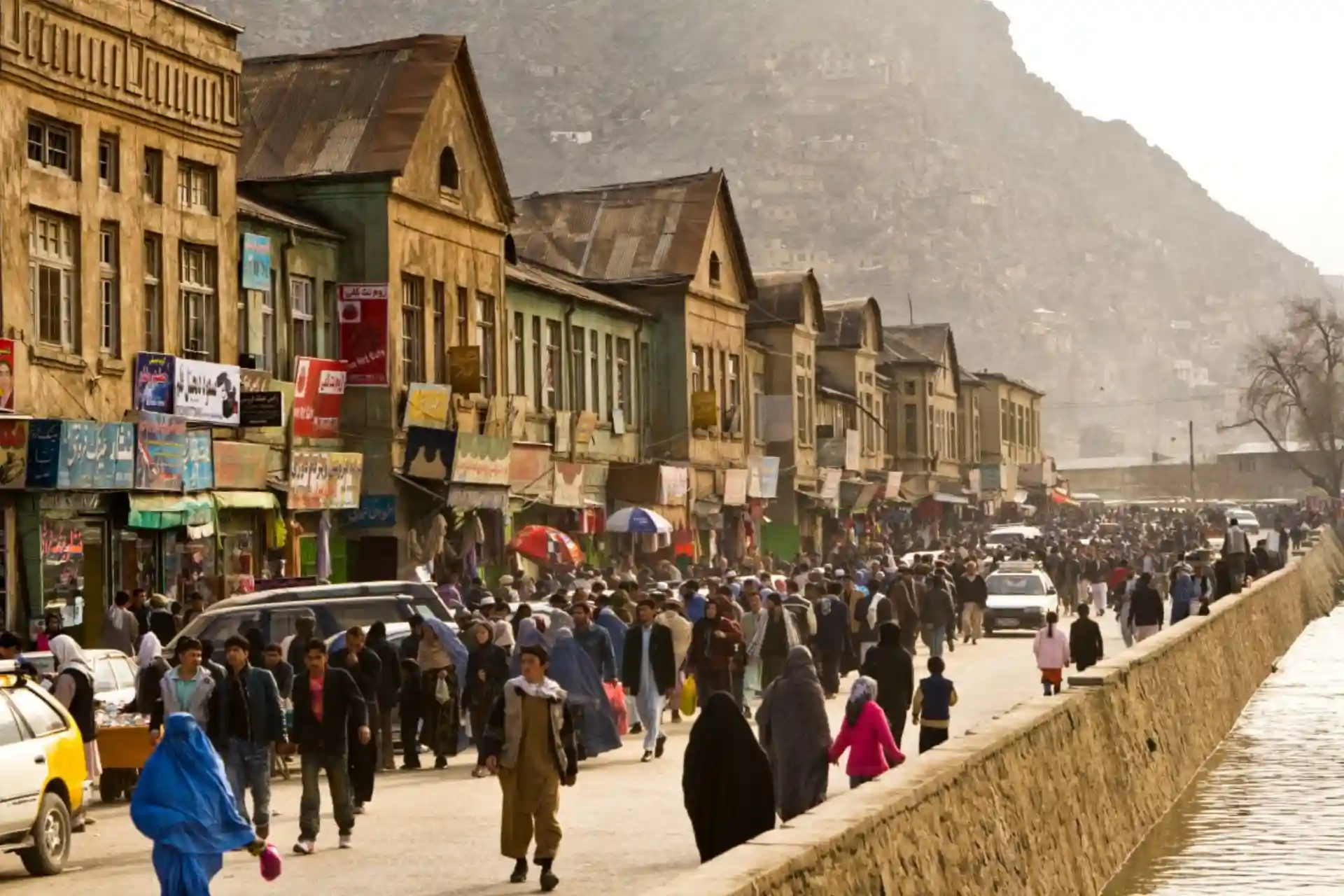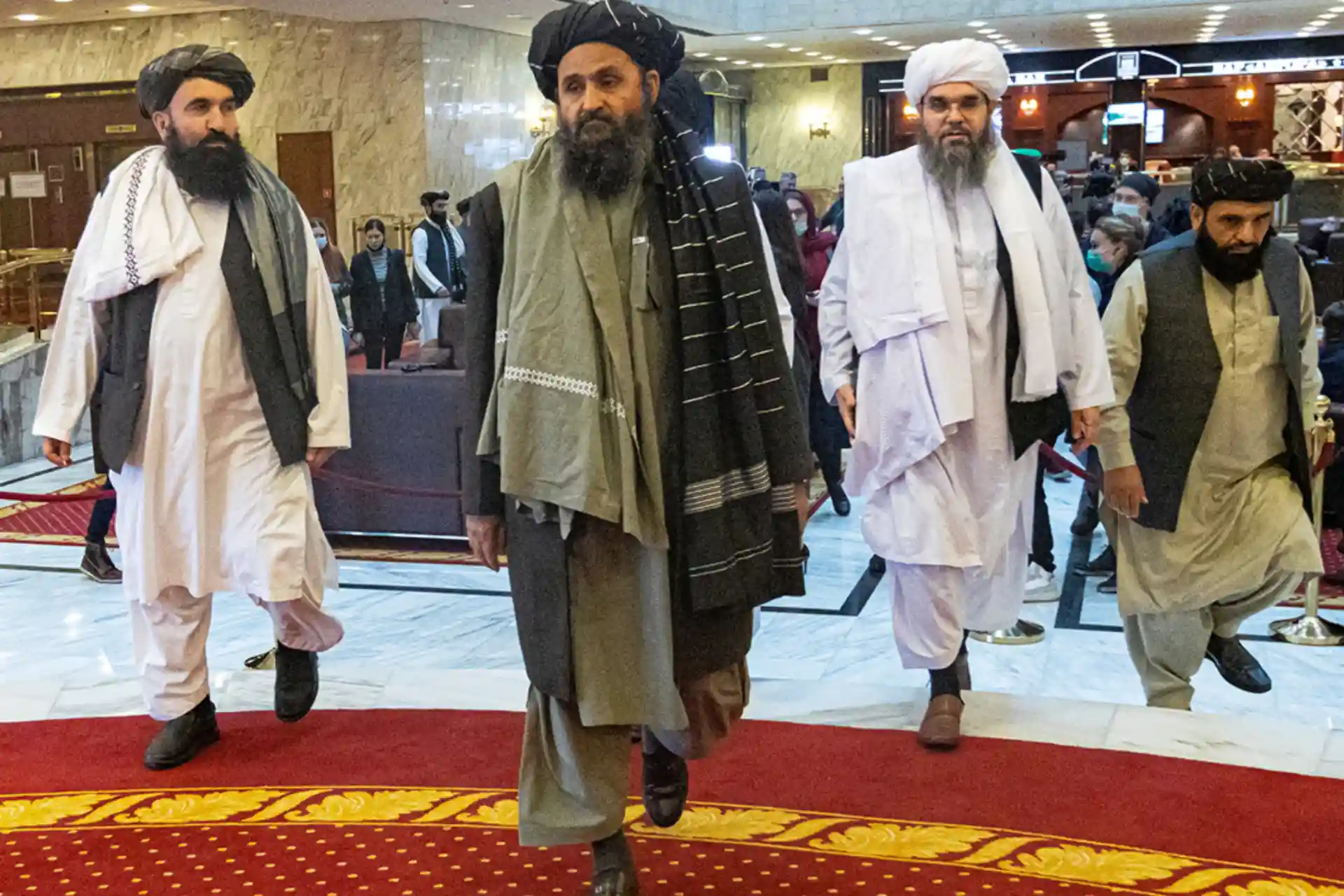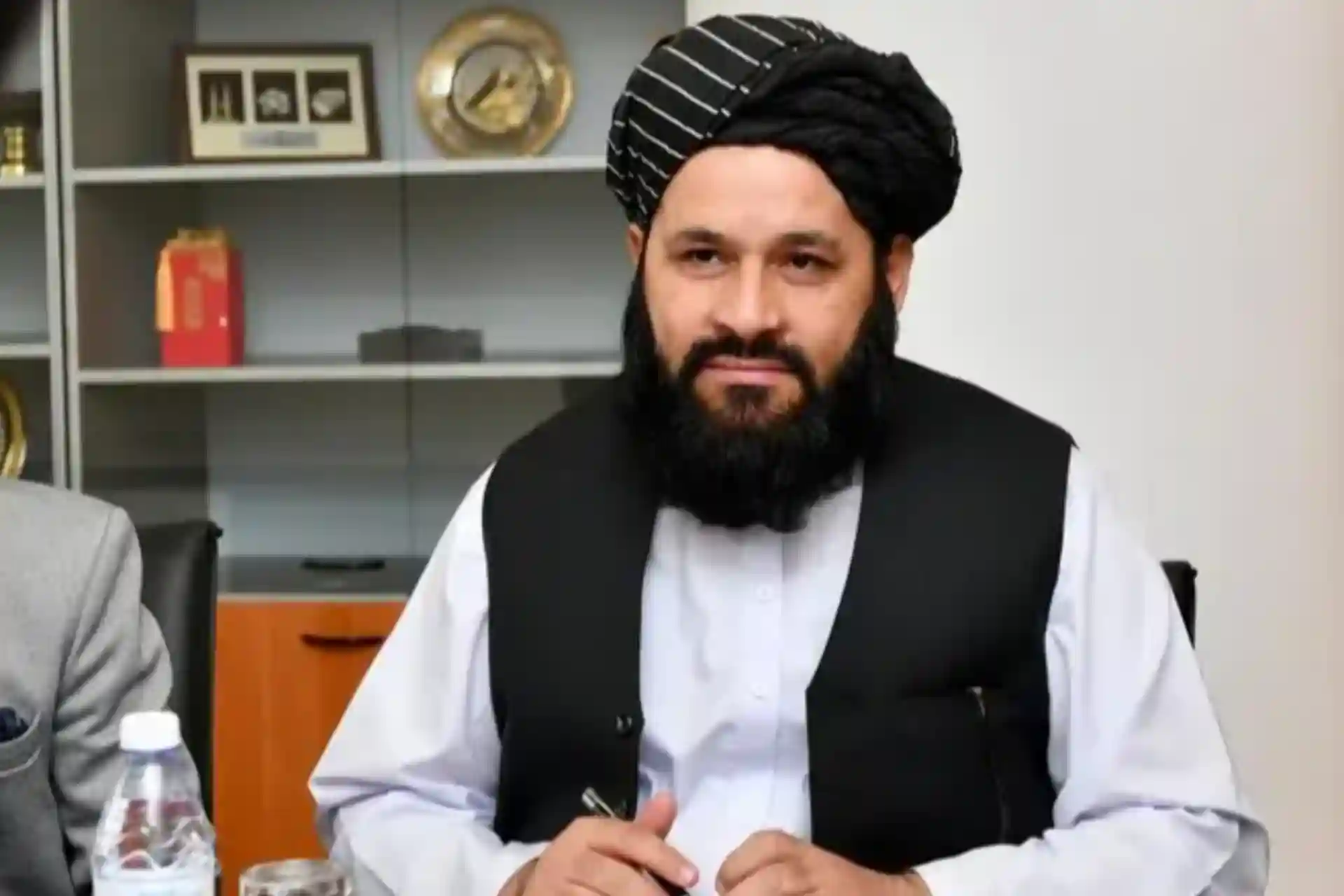Which countries have recognized Taliban ambassadors?
Global forces led by the US left Afghanistan in August 2021, 20 years after their invasion. Power passed into the hands of the Taliban. Three years later, the Taliban is slowly being recognized. In particular, the UAE received the badges from the new ambassador of the Taliban, and Kazakhstan from its representative.
US-led forces left Afghanistan in August 2021, 20 years after they invaded. After that, Afghanistan faced global sanctions, many countries cut diplomatic ties with Kabul. However, experts say that the UAE has received the ambassador appointed by the Taliban, and Kazakhstan has received the credentials from the representative, which will open new political and economic prospects for Afghanistan.
The Taliban administration, which is not recognized internationally, maintains bilateral relations with the countries of the region, including neighboring Pakistan, India and China, as well as the republics of Central Asia. Over the past three years, it has also been developing ties with the Middle East, mainly Qatar and the UAE.
An official Taliban delegation visited Abu Dhabi and met with UAE President Sheikh Mohammed bin Zayed last week.
On Wednesday, the Ministry of Foreign Affairs of Afghanistan announced in a statement that Mawlavi Badruddin Haqqani had submitted his credentials to the Ministry of Foreign Affairs of the UAE.
A UAE official told Reuters on Thursday that the acceptance of the "Afghan Ambassador's credentials" confirmed the Gulf state's determination to build bridges and help Afghans, including through development and reconstruction projects.
Also, on Wednesday, Deputy Foreign Minister of Kazakhstan Alibek Bakaev stated that Kazakhstan has registered Mohammad Ur Rahman Rahmani as the temporary representative of Afghanistan in Astana "in order to expand trade, economic and humanitarian cooperation between the two countries".
Other countries that have hosted Taliban diplomats include China, which formally accepted its ambassador's credentials in January, and Qatar, Pakistan, Uzbekistan, Turkmenistan and Russia, where Taliban diplomats are charge d'affaires. Turkey and Tajikistan also recognize Taliban officials, but so far only at the consular level.
"Countries are concerned about the security and stability of Afghanistan, because it is directly related to the stability of the entire region ," said Sohaib Raufi y Arab , executive director of the Center for Strategic and Regional Studies in Kabul. In an interview with News . - Therefore, they are interested in cooperation with the government led by the Taliban, taking into account the competition and appetite for the balance of power in the region 2 .
"These steps are a clear evidence of growing trust between the Islamic Emirate of Afghanistan and the countries of the region and beyond. The trade-oriented foreign policy of the Islamic Emirate is the main factor in strengthening its relations with the world ," Raufi added.
In the first period when the Taliban was in power in 1996-2001, their rule was recognized by three countries: Pakistan, Saudi Arabia and the UAE.
Growing international cooperation can be seen as the first steps towards further recognition of the current government.
"But there is still a long way to go to this stage," Raufy said. "In order to reduce Afghanistan's current isolation at a high political level, more cooperation with the countries of the world is needed."
However, in the short term, the new formal relationship with the UAE in particular is expected to affect Afghanistan's faltering economy.
"Afghanistan's economic ties are limited after August 2021 due to political restrictions imposed on the country. The strengthening of the policy with more countries will undoubtedly have a positive impact on the country's exports and imports through access to diversified economic corridors,” said Tayyib Khan, an economics lecturer at Kateb University in Kabul.
"Afghanistan's relationship with the UAE as a global trading hub provides Afghanistan with easy access to a wider market in the Arab world and beyond, creating additional opportunities to attract Afghan human capital."



